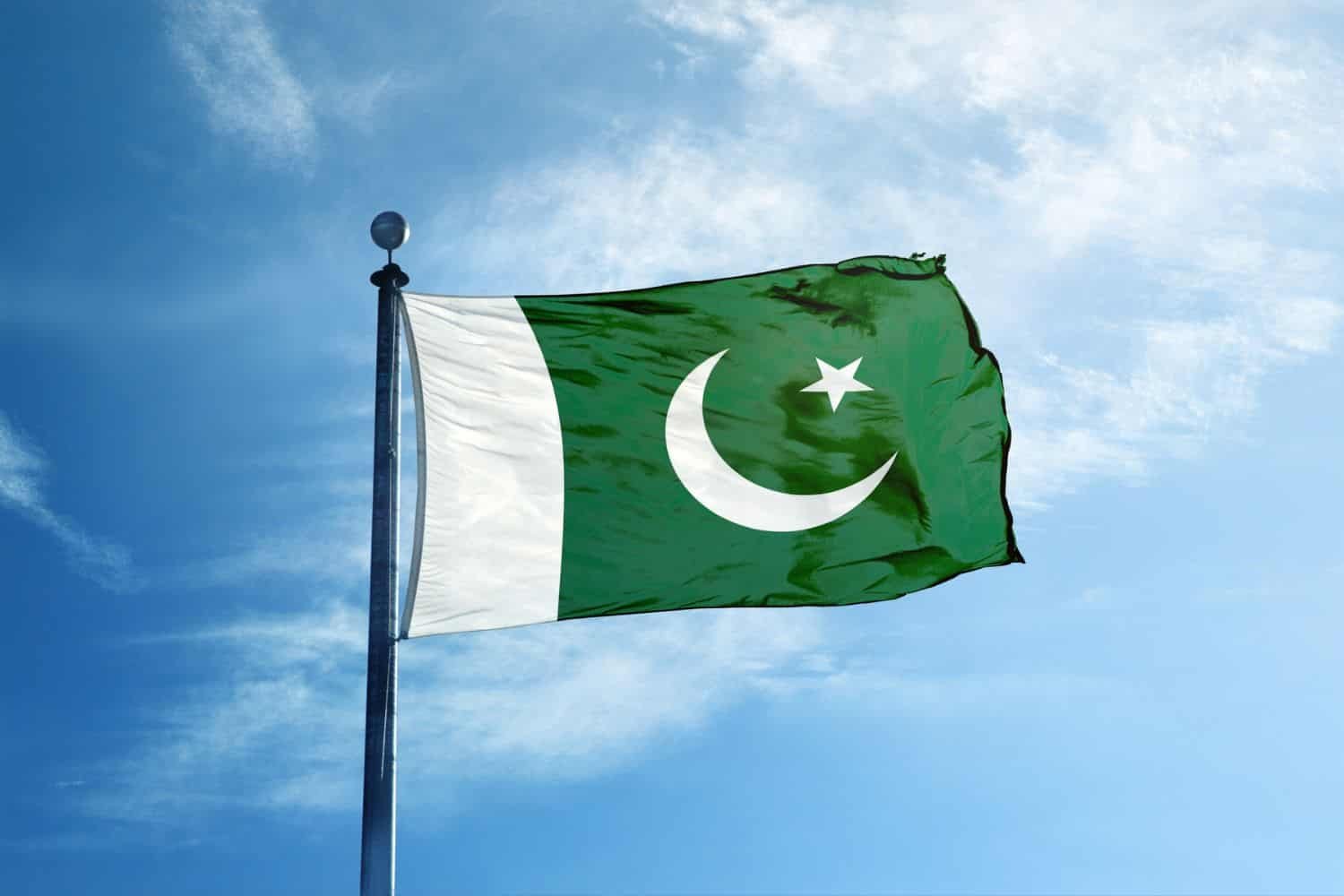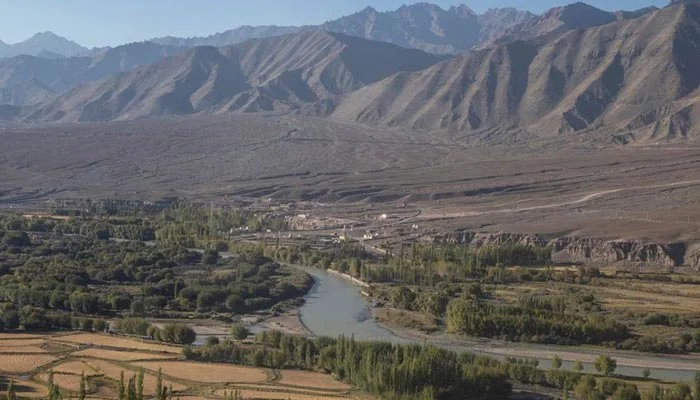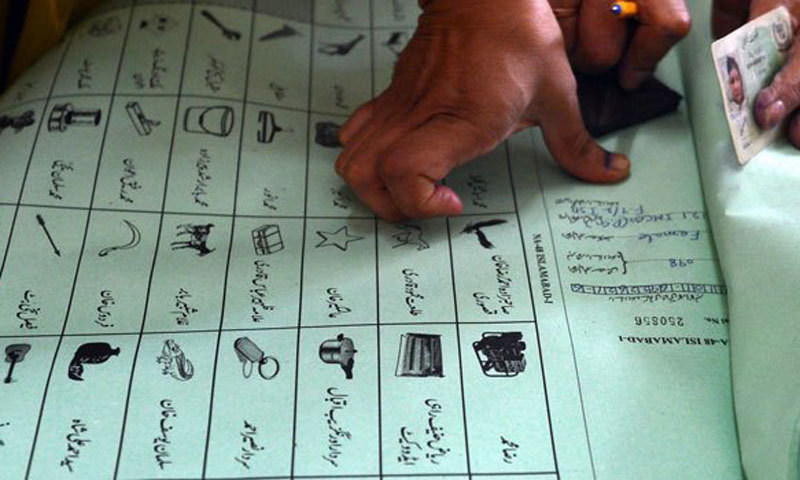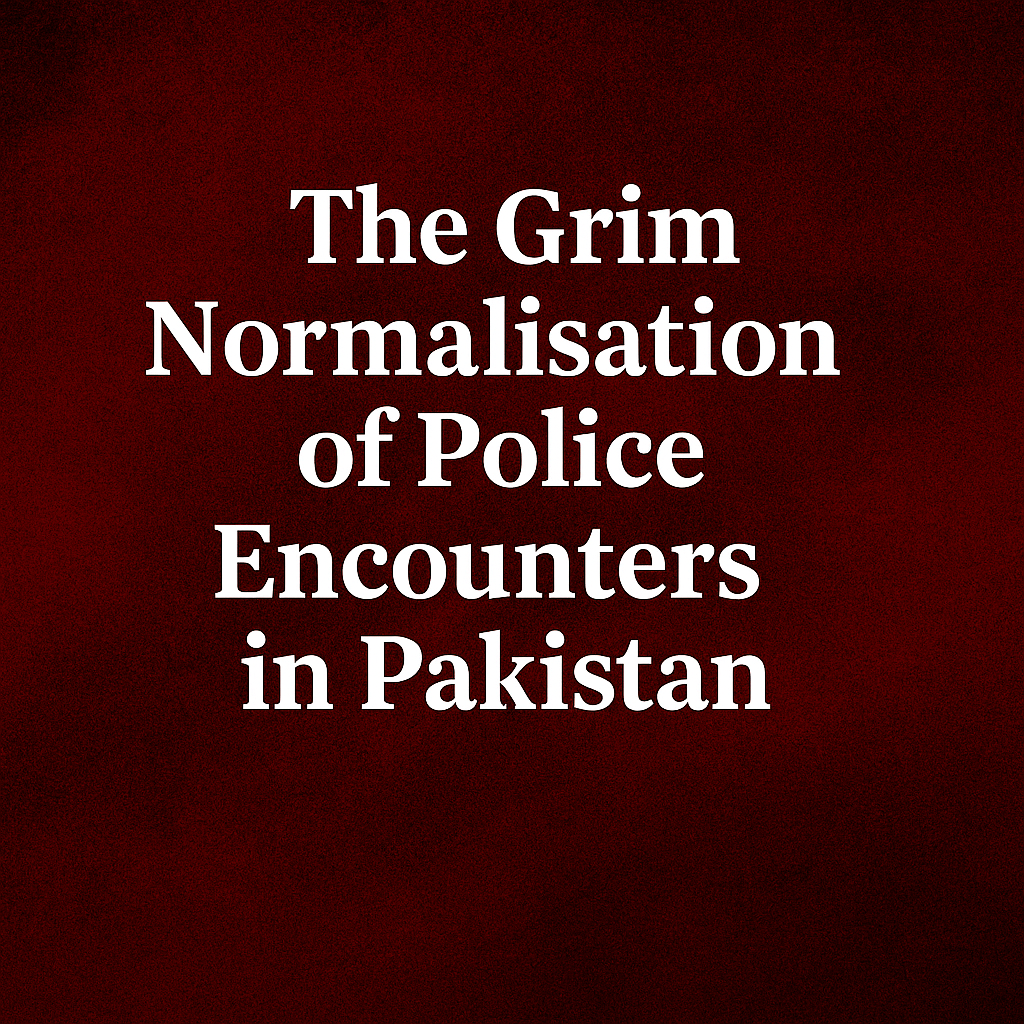Barrister Waqar Qazi
The recent upheaval within Pakistan’s legal circles, precipitated by the grievances of 300 lawyers nationwide, underscores a critical juncture in the nation’s judicial narrative. This collective anxiety, stemming from the handling of complaints by six judges of the Islamabad High Court (IHC), transcends the legal community, touching upon the broader themes of judicial autonomy and the accountability mechanisms within state institutions.
The crux of the matter lies in the allegations made by the IHC judges, who approached the Chief Justice of Pakistan to voice their concerns over perceived encroachments by executive members, including intelligence agency operatives, into judicial affairs. They sought direction from the Supreme Judicial Council on appropriate responses to such executive pressures.
There was widespread anticipation that the Supreme Court would exercise its judicial oversight through suo motu action in response to the IHC judges’ allegations. However, the apex court initially deferred to the executive’s decision to establish an inquiry commission led by former Chief Justice Tassaduq Hussain Jillani. This decision, which was tasked with probing the judges’ claims and recommending punitive measures for any verified misconduct, set the stage for the subsequent events and the eventual decision of the Supreme Court.
This development was met with resistance from prominent legal figures, who denounced the government-sanctioned commission and petitioned the Supreme Court to independently address the issue under Article 184(3) of the constitution, emphasizing its pertinence to the public interest and fundamental rights protection. The petition also advocated for the live broadcast of proceedings and judicial accountability for any validated infractions.
Justice Jillani’s subsequent recusal from the commission, citing concerns over the scope of the inquiry and potential conflicts with the jurisdiction of constitutional entities such as the Supreme Judicial Council or the Supreme Court itself, further complicated the scenario.
In a momentous turn of events, the Chief Justice of Pakistan responded to the unified voice of the legal fraternity, declaring that the Supreme Court would deliberate on the IHC judges’ letter under the constitutional provision of Article 184(3). This decision underscores the power of collective action and its potential to shape the course of the judicial process.
Amidst some disagreement over the bench’s composition and size, the Chief Justice’s decision marks a turning point, particularly in light of Pakistan’s past experiences with inquiry commissions. Unlike commission findings, which are typically advisory and non-binding on the executive, a Supreme Court ruling carries the weight of mandatory compliance. This shift in the balance of power not only strengthens the rule of law but also underscores the principle of judicial independence. This episode is a testament to the ongoing struggle for judicial integrity and the resilience of legal institutions in the face of executive overreach, and it is a narrative that will undoubtedly shape the contours of Pakistan’s judicial landscape for years to come.
Critical Evaluation:
Pakistan’s legal circles have recently experienced a significant upheaval, as 300 lawyers nationwide expressed their grievances regarding the handling of complaints by six judges of the Islamabad High Court (IHC). This collective disquietude has gone beyond the legal community and has touched upon broader themes of judicial autonomy and accountability mechanisms within state institutions. The crux of the matter lies in the allegations made by the IHC judges, who have claimed that executive members, including intelligence agency operatives, have encroached into judicial affairs, and they sought direction from the Supreme Judicial Council on appropriate responses to such executive pressures.
Initially, there was an anticipation that the Supreme Court would exercise its judicial oversight through suo motu action to address the IHC judges’ allegations. However, the apex court deferred to the executive’s decision to establish an inquiry commission, led by former Chief Justice Tassaduq Hussain Jillani, which was tasked with probing the judges’ claims and recommending punitive measures for any verified misconduct.
This move was met with resistance from prominent legal figures who denounced the government-sanctioned commission and petitioned the Supreme Court to independently address the issue under Article 184(3) of the constitution, which emphasizes its pertinence to the public interest and fundamental rights protection. The petition also called for the live broadcast of proceedings and judicial accountability for any validated infractions.
Justice Jillani’s subsequent recusal from the commission, citing concerns over the scope of the inquiry and potential conflicts with the jurisdiction of constitutional entities such as the Supreme Judicial Council or the Supreme Court itself, further complicated the scenario.
However, in a momentous turn of events, the Chief Justice of Pakistan responded to the legal fraternity’s unified voice, declaring that the Supreme Court would deliberate on the IHC judges’ letter under the constitutional provision of Article 184(3). Despite some dissent over the bench’s composition and size, this decision is a pivotal moment, particularly in light of Pakistan’s historical experiences with inquiry commissions.
Unlike commission findings, which are traditionally advisory and non-binding on the executive, a Supreme Court ruling carries the weight of mandatory compliance, thereby reinforcing the rule of law and the principle of judicial independence. This episode not only reflects the ongoing struggle for judicial integrity but also serves as a testament to the resilience of legal institutions in the face of executive overreach. It is a narrative that will undoubtedly shape the contours of Pakistan’s judicial landscape for years to come.
Finally, the recent events in Pakistan’s legal circles have highlighted the importance of judicial autonomy and accountability mechanisms within state institutions. The decision of the Chief Justice of Pakistan to address the IHC judges’ allegations under Article 184(3) of the constitution marks a significant shift in the balance of power, which strengthens the rule of law and underscores the principle of judicial independence. This episode is a testament to the ongoing struggle for judicial integrity and the resilience of legal institutions in the face of executive overreach, and it is a narrative that will undoubtedly shape the contours of Pakistan’s judicial landscape for years to come.
Please, subscribe to the YouTube channel of republicpolicy.com














